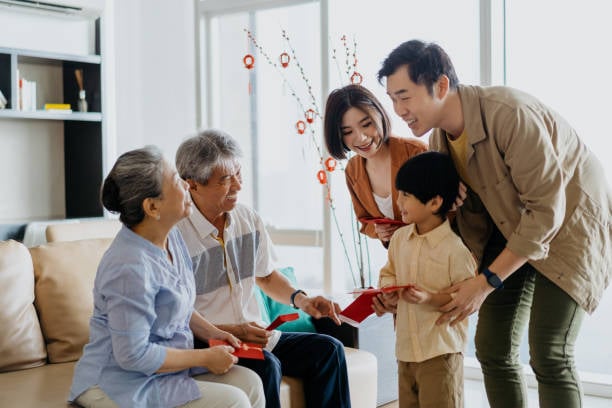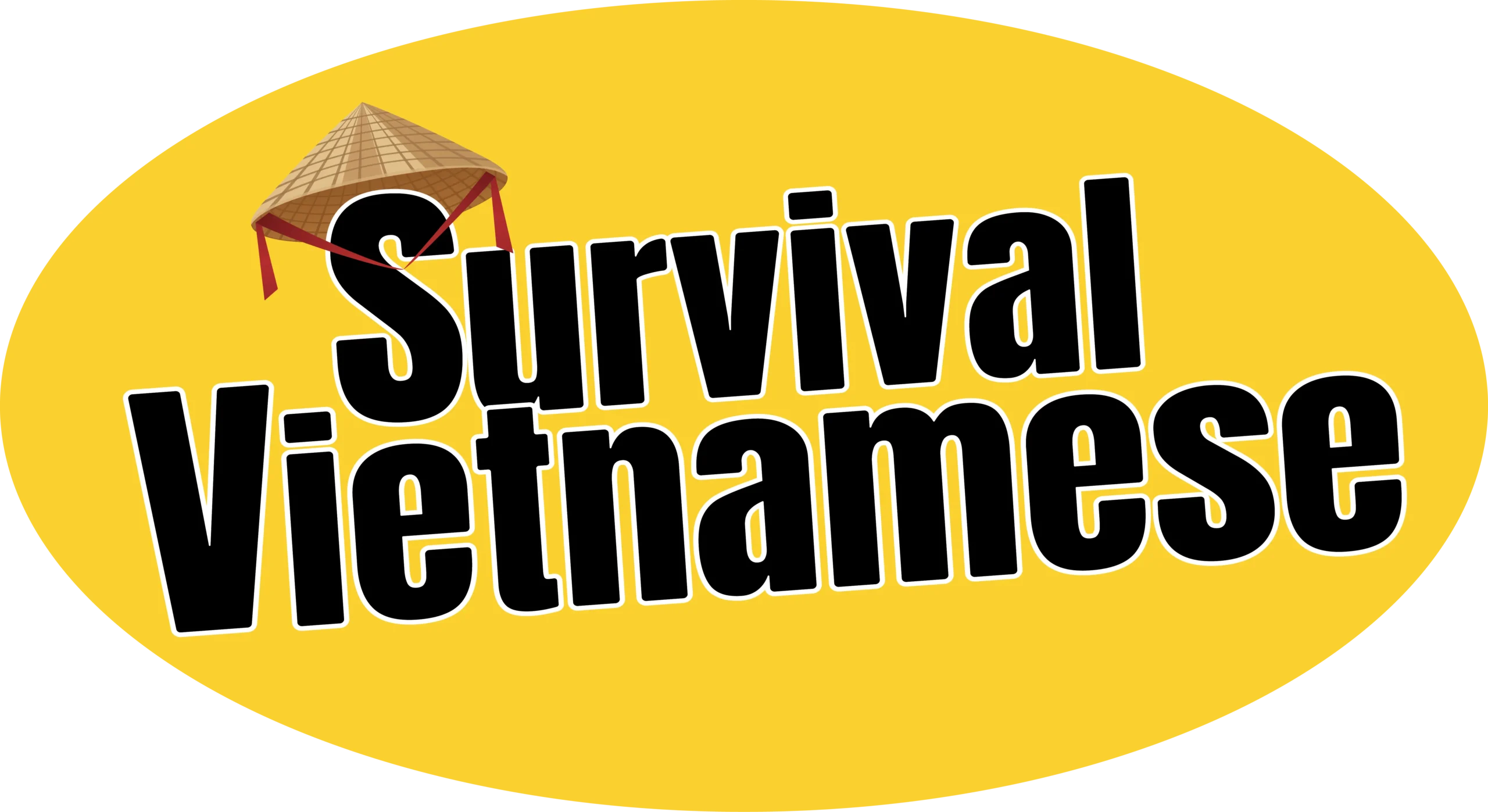
In English, saying “you” is simple. Whether you’re talking to a child, a boss, or your best friend, it’s just you. But in Vietnamese? Saying “you” is an art form. A social dance. A sign of respect, closeness, age, and even gender. So… how many ways can you say “you” in Vietnamese? Let’s find out, and don’t worry, we’ll make it fun and friendly.
Why So Many “Yous”?
Vietnamese is a relational language. That means how you refer to others (and even yourself) depends on who you are, who they are, and how you relate to one another, in age, gender, social status, and context. Instead of one universal “you,” the Vietnamese use family terms (like “older brother” or “auntie”) to talk to strangers, friends, elders, basically everyone. It might sound complicated at first, but it helps build closeness and respect in everyday conversation.
Common Ways to Say “You”
Here are just a few examples, organized by who you’re talking to:
| Vietnamese Word | Meaning (Literally) | Used When Speaking To… |
| bạn | friend | Same-age friends, peers |
| anh | older brother | Slightly older male |
| chị | older sister | Slightly older female |
| em | younger sibling | Someone younger than you |
| cô | aunt (dad’s side) | Older woman, often a teacher |
| chú | uncle (dad’s younger bro) | Older man, friendly tone |
| bác | older uncle/aunt | Elderly people |
| ông | grandfather | Very old man, or formal setting |
| bà | grandmother | Very old woman, or formal setting |
| mày | (informal) | Very close friends (can sound rude if used wrong) |
| cậu / con / cháu | child/nephew/grandchild | In super formal, polite, or family settings |
Pro tip: In Vietnamese, “you” and “I” are often paired together. If you call someone anh, you call yourself em. If you say bác, you might say cháu. The way you refer to them affects how you refer to yourself.
Examples in Real Life
- You meet a slightly older woman at a café → “Chị uống cà phê gì ạ?” (What would you like to drink, older sister?)
- You talk to a younger colleague → “Em làm cái này giúp chị nhé?” (Can you do this for me, younger sibling?)
- You chat with a Grab driver who looks around your dad’s age → “Chú biết đường này không ạ?” (Do you know this road, uncle?)
What If You’re Not Sure?
Great question. You have a few options:
- Ask their age in a friendly way. Vietnamese people are used to it.
- Default to “bạn” with same-age peers (it’s the safest bet).
- Mirror what they call you, they’ll often lead the way.
Final Thoughts: It’s Not Just Language, It’s Culture
Learning all the ways to say “you” in Vietnamese isn’t just about grammar, but also about understanding how Vietnamese people connect, how they show respect, and how relationships are built through words. Yes, it takes a little time to get used to. But once you start noticing it, using it, and hearing people smile when you get it right, you’ll feel the heart of the language.
Practice Time!
Try this: The next time you meet a Vietnamese person, ask them politely: “Mình nên xưng hô thếnào nhỉ?” (“How should I address you?”). They’ll love that you care. And they’ll be happy to help. Curious about more quirks of Vietnamese? Check out our post on The Truth About Learning Vietnamese. Or follow us on Instagram @survival.vietnamese for daily tips!
Want to Start Learning Now?
Check out our friendly guides, vocabulary lists, and cultural tips, all made for curious learners like you. Stay curious, stay humble, and keep surviving, the Vietnamese way. 🎉 Ready to learn Vietnamese? Join our live classes with expert teachers or study anytime with our self-paced courses — made for beginners, heritage learners, and anyone serious about speaking Vietnamese naturally. Start your learning journey today! See our most recent posts on Instagram! Practice Vietnamese with our videos on YouTube!
